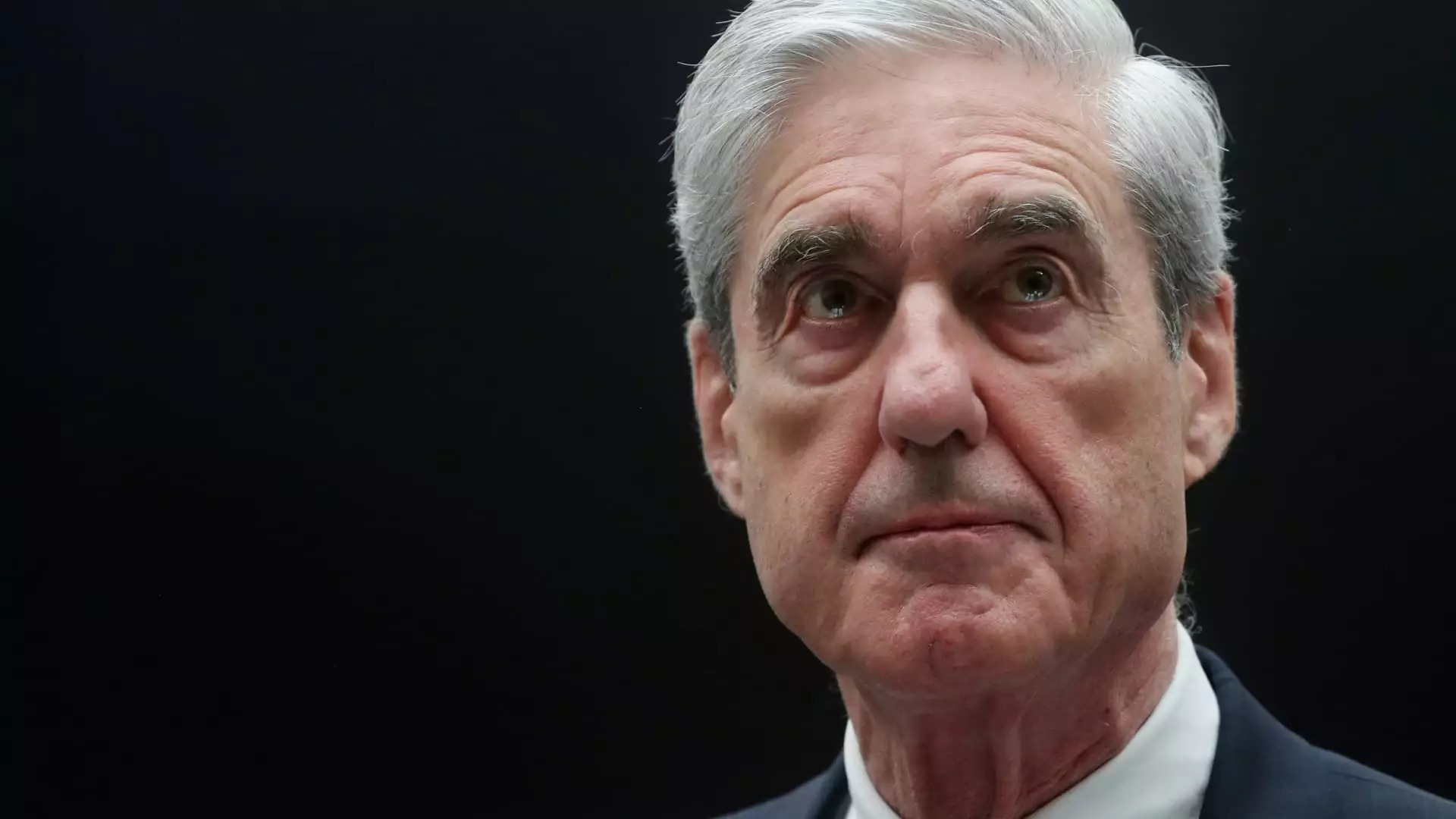The recent firing of Peter Carr from the Department of Justice (DOJ) has reignited conversations about the management of political discourse within high-profile investigations. Carr, a seasoned communicator who served as spokesman for both Robert Mueller and Jack Smith—the special counsels charged with probing President Donald Trump—was abruptly dismissed by Deputy Attorney General Todd Blanche. The ramifications of this decision extend far beyond mere personnel changes; they resonate within the very fabric of how justice and accountability are communicated in a fractured political landscape.
The email Carr sent to reporters, dignified yet tinged with resignation, highlights not only his professionalism but also the precariousness of justice-related roles within the federal government. It brings to light how personnel decisions in politically charged environments are often fraught with ambiguity and potential bias. As the narrative unfolded, it became clear that Carr’s dismissal is not an isolated incident; it is symptomatic of a broader trend in a DOJ that is navigating its identity amidst partisan tensions.
The Implications of Political Appointments
What makes this situation even more alarming is Todd Blanche’s history. A former attorney for Trump, Blanche’s ascension to the role of Deputy Attorney General raises questions about the impartiality that is supposed to be a hallmark of the DOJ. The optics of such a move—removing a key spokesperson who communicated the narrative of the Mueller and Smith investigations—suggest a potential alignment with the interests of powerful political figures at the expense of public accountability.
Historically, the DOJ has held significant sway in shaping the narrative surrounding investigations into executive conduct. This role is crucial in a democracy; however, when political motivations cloud personnel decisions, it risks undermining the public’s trust. Carr, who expertly navigated the contentious waters of the Mueller investigation and subsequent proceedings, empathized with both journalists and the public alike, fostering a sense of transparency even amidst chaos. His firing signals a dangerous turn towards insularity—the very opposite of what a democratic society needs when confronting issues of governance and rule of law.
Shifting Narratives and Their Consequences
Looking closely at the narratives crafted under Carr’s guidance during the Mueller inquiry, one can see how delicately balanced communication was maintained. The investigations into Russian interference—an issue that continues to haunt American politics—demanded an articulate spokesperson to distill complex legal matters into digestible information for the public. With Carr gone, the question arises: who will fill that void? The newly appointed spokesperson might not carry the same commitment to transparency that Carr embodied, potentially leading to a climate where information is weaponized or manipulated to serve partisan ends.
The implications of these communications extend to public perception and faith in the justice system. When the lines between law enforcement and political allegiance blur, it can create a chilling effect not only on media freedom but also on the public’s ability to hold power to account. The fear is that the DOJ could become less a tool for justice and more a means of defending those in power, dampening discourse on matters that should be open to scrutiny.
At the Intersection of Law and Politics
Carr’s tenure was marked by significant investigations that tested the limits of presidential authority, examining issues such as election interference and the nuances of obstruction of justice. These are not merely legal questions, but issues that speak to the core of our democratic values. The responsibility of managing the communication regarding these investigations has far-reaching implications, and the abrupt firing of a dedicated professional demonstrates a troubling shift in priorities.
Ultimately, while the DOJ must maintain its function as an impartial body, the recent actions signal a possible retreat into the shadows of executive influence. This poses a grave threat to the idea that no one, not even those in the highest office, is above the law. The political landscape is already fraught with division; the dismissal of key players in the narrative of accountability only serves to deepen that divide, pushing us further away from the ideals of justice and transparency.

